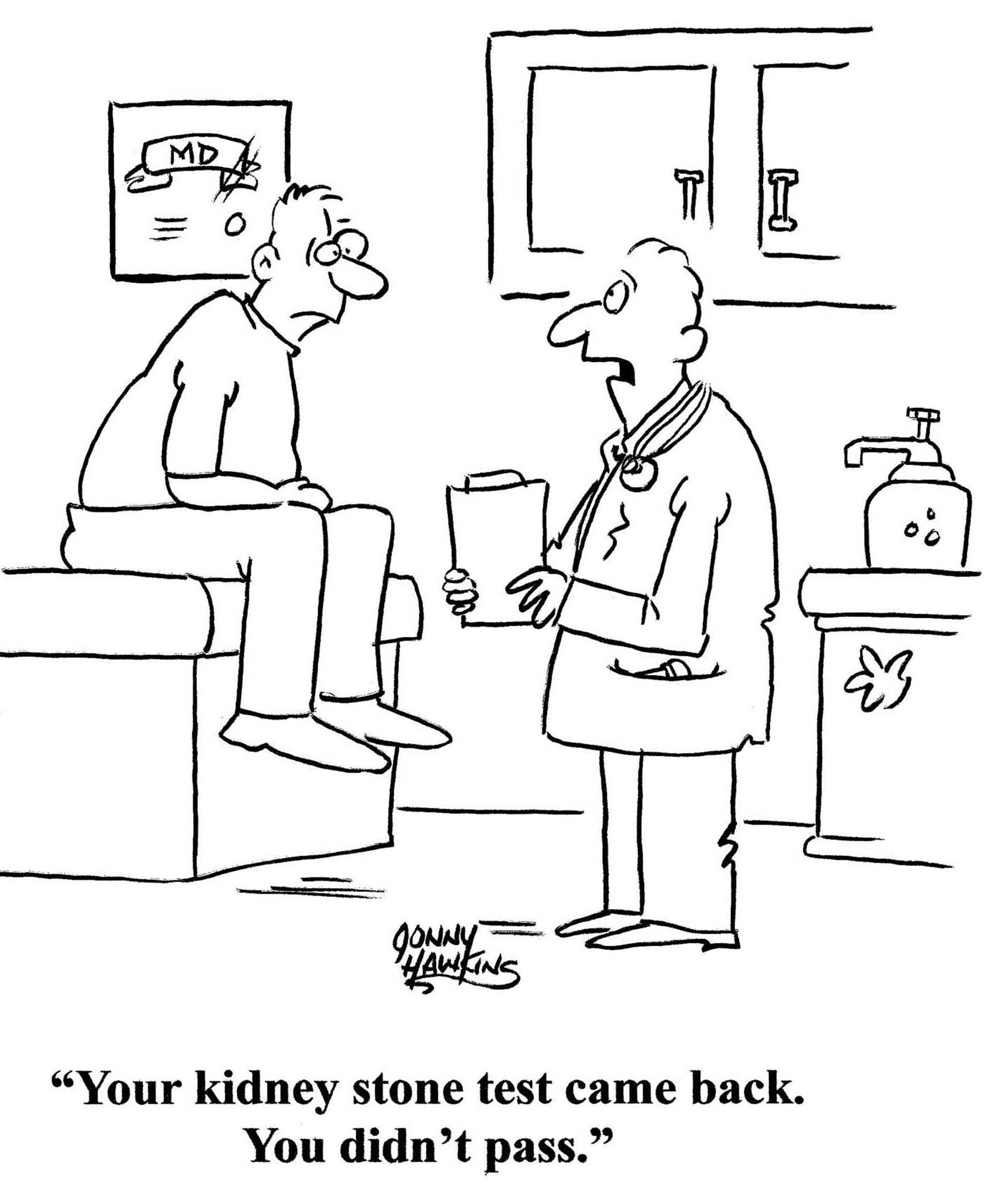Photo Credit: Iryna Kushniarova
The following is a summary of “Burnout among surgeons before and during the SARS-CoV-2 pandemic: an international survey,” published in the January 2024 issue of Psychiatry by Shalaby et al.
The advent of the SARS-CoV-2 pandemic has instigated profound transformations in the field of surgery, compelling surgeons to reevaluate nearly every facet of their daily clinical practices. This cross-sectional study, conducted following CHERRIES guidelines, utilized an online platform from June 14th to July 15th, 2020, to investigate the prevalent impact of the pandemic on burnout among surgeons, employing the validated Shirom-Melamed Burnout Measure as the primary outcome. A total of 954 surgeons participated, with a median practice length of 10 years; 78.2% were male, had a median age of 37 years, 39.5% held consultant positions, 68.9% specialized in general surgery, and 55.7% were affiliated with academic institutions.
The findings revealed a noteworthy surge in the mean burnout score during the pandemic, with longer practice durations and older age inversely linked to burnout levels. Substantial reductions were observed in the median number of outpatient visits, surgical cases, on-call hours, emergency visits, and research activities, leading 48.2% of respondents to perceive inadequate training resources. Most (81.3%) reported their hospitals’ involvement in COVID-19 management, while 66.5% felt their roles were diminished. Additionally, 41% assisted in non-surgical medical practices, and 37.6% actively participated in COVID-19 management.
The study concludes by highlighting a pronounced burnout prevalence among trainees. It emphasizes the widespread impact on various clinical and research dimensions, including diminished research volume, outpatient clinic visits, surgical procedures, on-call commitments, and emergency cases, thereby impeding training opportunities.
Source: bmcpsychology.biomedcentral.com/articles/10.1186/s40359-023-01517-4


















